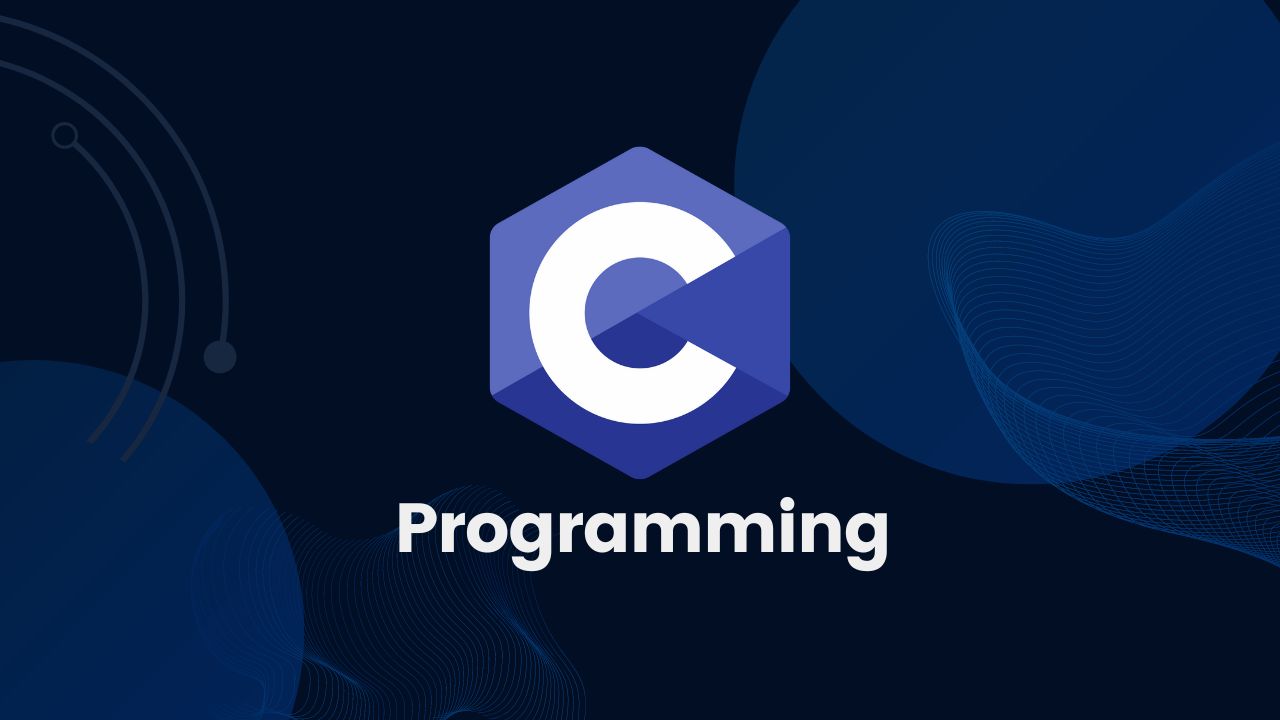
Functions in C
Functions in C help in organizing code, improving reusability, and simplifying debugging.
"Functions break down complex programs into smaller, manageable tasks, making them easier to debug and reuse."
What Are Functions?
A function in C is a block of code that performs a specific task. It helps in organizing and modularizing code, making it reusable.
Types of Functions in C
| Function Type | Description | Example |
|---|---|---|
| Library Function | Predefined functions in C. | printf(), scanf(), sqrt() |
| User-Defined Function | Functions created by the user. | int sum(int a, int b) { return a + b; } |
Function Syntax
returnType functionName(parameters) {
// Function body
return value;
}Examples of Functions
1. Function with No Parameters and No Return Value
#include <stdio.h>
// Function declaration
void greet() {
printf("Hello, welcome to C programming!\n");
}
int main() {
greet(); // Function call
return 0;
}2. Function with Parameters and Return Value
#include <stdio.h>
// Function definition
int add(int a, int b) {
return a + b;
}
int main() {
int result = add(10, 5);
printf("Sum: %d\n", result);
return 0;
}3. Function with No Return Value (Void Function)
#include <stdio.h>
// Function definition
void displayMessage() {
printf("This is a void function.\n");
}
int main() {
displayMessage();
return 0;
}Function Call Types
- Call by Value: The function gets a copy of the actual parameter values.
- Call by Reference: The function gets the address of actual parameters and modifies them.
Example: Call by Value
#include <stdio.h>
void changeValue(int x) {
x = 100;
printf("Inside function: %d\n", x);
}
int main() {
int a = 10;
changeValue(a);
printf("Outside function: %d\n", a);
return 0;
}Example: Call by Reference
#include <stdio.h>
void changeValue(int *x) {
*x = 100;
}
int main() {
int a = 10;
changeValue(&a);
printf("After function call: %d\n", a);
return 0;
}Why Use Functions?
- Increases **code reusability**.
- Makes programs more **organized** and **modular**.
- Simplifies **debugging and maintenance**.
- Enhances **readability and reduces redundancy**.
Best Practices for Functions
- Use **meaningful function names**.
- Keep functions **short and focused** on a single task.
- Always **use return values** when needed instead of modifying global variables.
- Use **call by reference** only when necessary to modify actual values.
Conclusion
Functions in C allow for modular programming, making code **efficient, reusable, and easier to maintain**. Mastering functions will help you write **better structured and optimized programs**! 🚀

